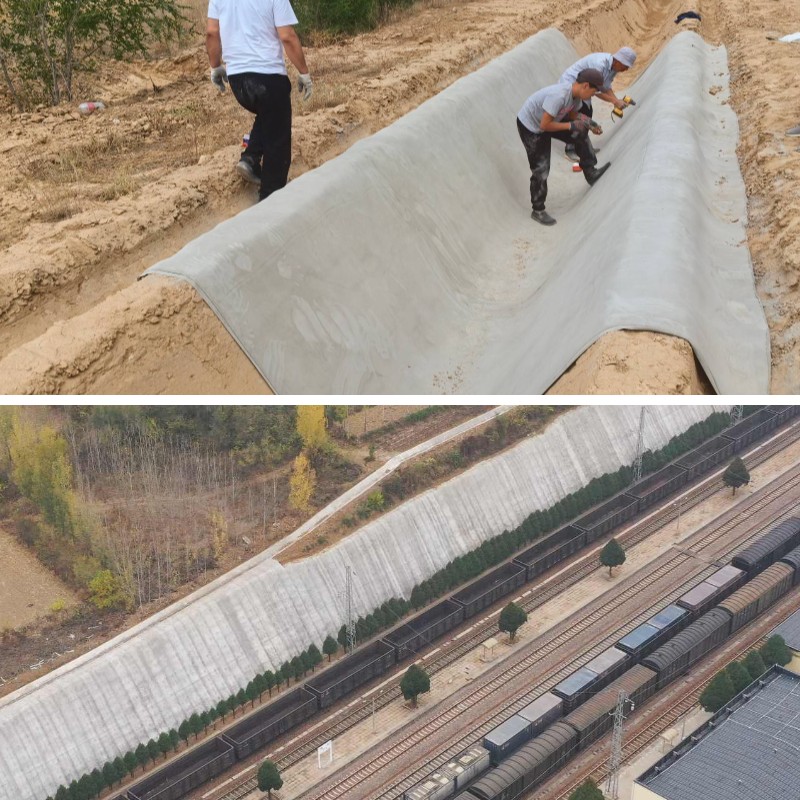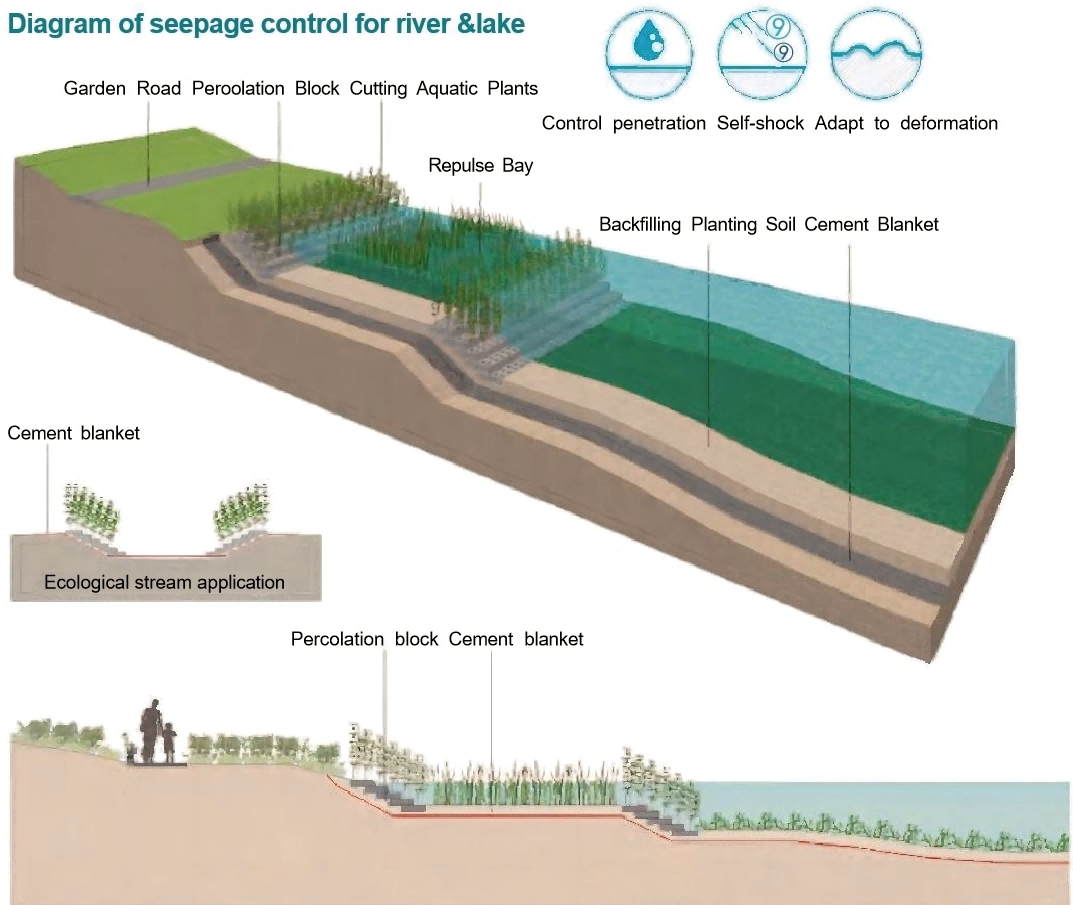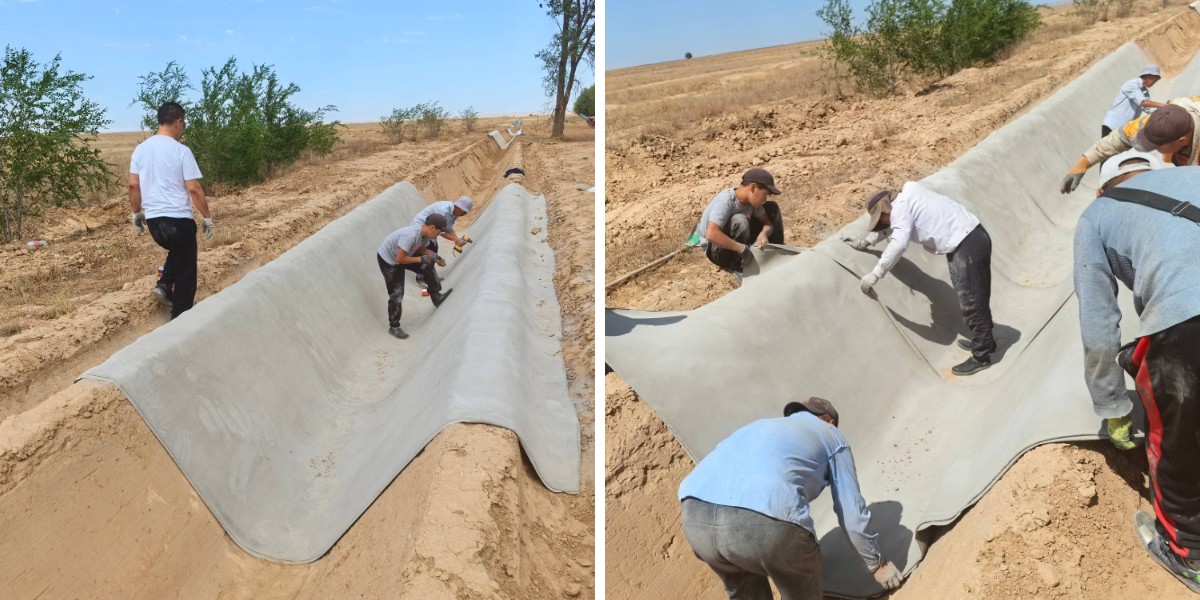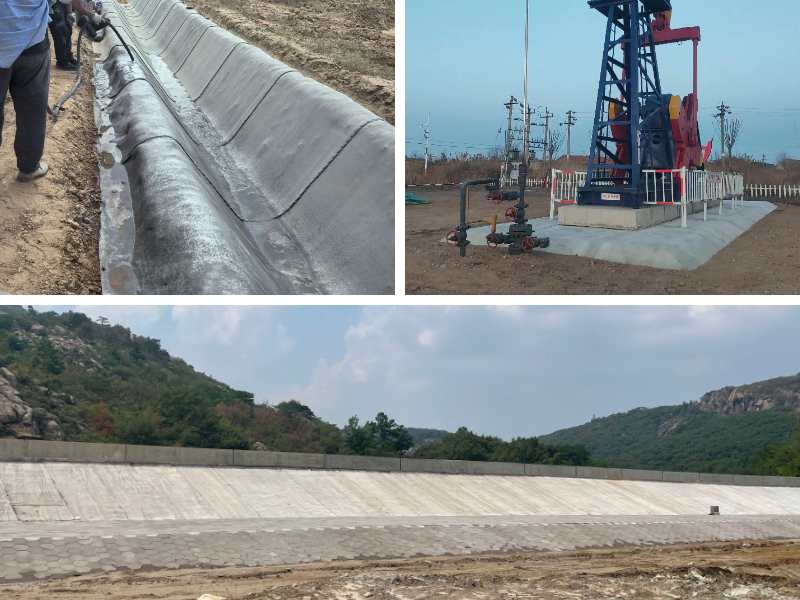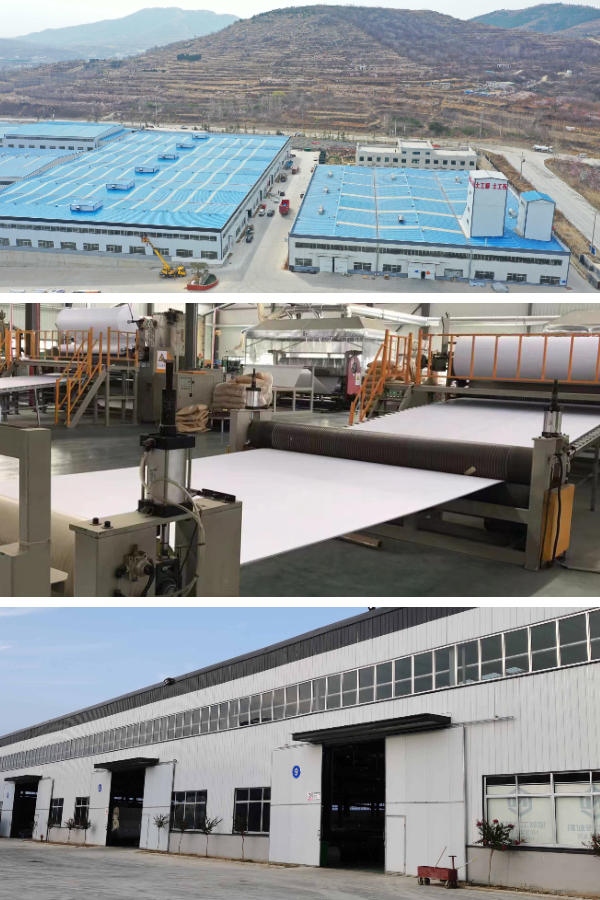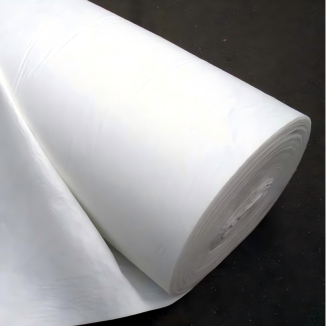Choosing the Right Thickness for Concrete Impregnated Fabric Projects
Concrete impregnated fabric, regularly referred to as concrete material material or Cement Blankets, has revolutionized contemporary building with its flexibility, durability, and ease of use. Unlike common concrete, this fabric combines a fabric matrix with a cementitious core, permitting it to be transported in a dry nation and activated with water. One of the most imperative choices when working with this revolutionary fabric is deciding on the proper thickness, as it without delay affects performance, application, and longevity. This information breaks down the key elements to think about when deciding on thickness, making sure your task meets its structural and useful goals.
Understanding Concrete Impregnated Fabric Basics
Cement Blankets is a special cloth designed to bridge the hole between typical concrete and bendy textiles. It consists of a third-dimensional fiber matrix infused with a particularly formulated concrete mix. When hydrated, the fabric hardens into a rigid, long lasting shape that presents first-rate energy and resistance to environmental stressors. Concrete fabric material is light-weight in its dry form, making it handy to transport and deploy in hard-to-reach areas, from far off slope stabilization tasks to city infrastructure repairs.
The thickness of Cement Blankets is measured in millimeters, with selections ranging from skinny sheets for light-duty purposes to thicker variations for heavy structural use. Each thickness stage is engineered to furnish particular tiers of strength, flexibility, and protection, making it integral to in shape the thickness to the project’s requirements. Whether you’re constructing a small protecting wall or reinforcing a massive industrial structure, perception how thickness impacts overall performance is the first step towards success.
Key Factors Influencing Thickness Selection
Project Purpose and Load-Bearing Needs
The fundamental feature of your assignment is the most massive aspect in finding out the proper thickness of concrete fabric fabric. For functions that require minimal structural support—such as brief shelters, liners for small ponds, or shielding covers for pipes—a thinner variant is regularly sufficient. These thinner selections provide flexibility, permitting them to conform to irregular shapes whilst nevertheless presenting a water-resistant, long lasting surface.
On the different hand, initiatives that demand excessive load-bearing capacity, such as everlasting protecting walls, bridge abutments, or erosion manipulate constructions on steep slopes, require thicker Cement Blankets. The introduced thickness enhances compressive energy and have an effect on resistance, making sure the fabric can face up to heavy weights, soil pressure, and exterior forces like flowing water or debris.
Environmental Conditions
The surroundings the place the concrete impregnated cloth will be set up performs a indispensable position in thickness selection. In areas with harsh weather—extreme temperatures, heavy rainfall, or excessive winds—thicker fabric presents higher insulation and resistance to wear. For example, coastal initiatives uncovered to saltwater corrosion or freeze-thaw cycles gain from thicker Cement Blankets, as it gives improved safety towards chemical degradation and cracking.
In milder environments, such as indoor functions or sheltered out of doors structures, thinner concrete fabric cloth may additionally be extra practical. It reduces cloth charges and set up time besides compromising performance, making it best for tasks like ornamental concrete points or non-load-bearing partitions.
Installation Constraints
Installation logistics can additionally have an impact on thickness choices. Thicker Cement Blankets is heavier and stiffer as soon as hydrated, which can also complicate set up in tight areas or on uneven surfaces. If your mission requires maneuvering the cloth round boundaries or wrapping it round curved structures, a thinner, extra bendy variant is less difficult to handle.
Thinner concrete fabric material is additionally faster to hydrate and set, which can be positive for time-sensitive projects. However, for large-scale installations the place pace is much less vital and structural integrity is paramount, thicker picks are really worth the more effort at some stage in installation.
Matching Thickness to Common Applications
Light-Duty Applications (Thin Cement Blankets)
Thin concrete material material is best for tasks that prioritize flexibility and ease of use over excessive strength. This includes:
Temporary Structures: Emergency shelters, building website barriers, or transient drainage channels gain from skinny Cement Blankets, which can be shortly deployed and eliminated as needed.
Pipe and Cable Protection: Wrapping skinny fabric round pipes or cables shields them from abrasion, moisture, and minor influences except including immoderate bulk.
Small Water Features: Liners for backyard ponds, fountains, or small reservoirs use skinny Cement Blankets to create a watertight seal that conforms to the form of the basin.
For these projects, skinny editions furnish economical safety and performance barring overengineering.
Heavy-Duty Applications (Thick Cement Blankets)
Thick Cement Blankets is designed for demanding, long-term purposes that require most strength:
Erosion Control: Steep slopes, riverbanks, and coastal areas inclined to erosion depend on thick concrete material material to anchor soil and withstand the pressure of water flow.
Structural Reinforcement: Retaining walls, foundations, and bridge embankments use thick fabric to face up to lateral soil stress and distribute hundreds evenly.
Industrial Flooring: Factories, warehouses, and loading docks gain from thick Cement Blankets, which gives excessive have an impact on resistance and sturdiness in opposition to heavy machinery.
These purposes rely on the material’s thickness to make sure safety, longevity, and compliance with structural standards.
Where to Buy Cement Blankets: Sourcing the Right Thickness
Once you’ve decided the gorgeous thickness for your project, discovering a dependable dealer is key. When looking out for “Where to Buy Cement Blankets,” seem to be for suppliers that provide a vary of thickness choices and can supply training based totally on your project’s needs. Reputable suppliers will inventory actual Cement Blankets products, making sure steady exceptional and performance.
Many suppliers additionally offer technical support, assisting you affirm the right thickness for your software and offering set up pointers to maximize the material’s effectiveness. Whether you buy on-line or thru a nearby development substances distributor, make certain the provider can supply the particular thickness required, as the usage of the incorrect variant can compromise mission outcomes.
Conclusion: Prioritize Thickness for Project Success
Choosing the proper thickness for concrete impregnated material initiatives is a selection that affects each and every thing of performance, from electricity and sturdiness to set up efficiency. By evaluating your project’s purpose, environmental conditions, and set up constraints, you can choose the most desirable thickness of concrete material fabric—whether a skinny variant for flexible, light-duty use or a thick alternative for heavy structural support.
Remember, Cement Blankets is a versatile material, but its effectiveness hinges on matching thickness to needs. With the proper thickness and a dependable supply from “Where to Buy Cement Blankets,” you can leverage the advantages of this modern fabric to create long-lasting, high-performance constructions that stand the take a look at of time.
Contact Us
Company Name: Shandong Chuangwei New Materials Co., LTD
Contact Person :Jaden Sylvan
Contact Number :+86 19305485668
WhatsApp:+86 19305485668
Enterprise Email: cggeosynthetics@gmail.com
Enterprise Address: Entrepreneurship Park, Dayue District, Tai 'an City,
Shandong Province


